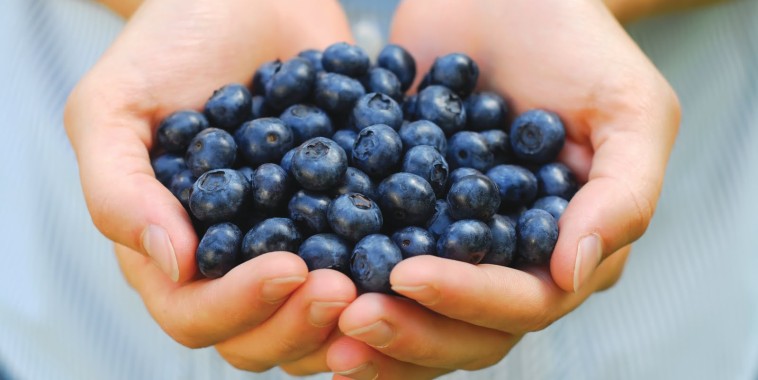Although there’s no medical or legal definition, superfoods are packed with large amounts of vitamins, minerals, antioxidants and polyphenols. Consuming them may lower the chances of chronic diseases and prolongs life, and for individuals who indulge more on them are healthier and slimmer as compared to those who don’t.
Below are few of the food items that are considered superfoods and the health benefits that they provide:
Avocado
If you think avocados are fattening, then think again. The sometimes overlooked avocado is a creamy and delicious superfood that is too health-boosting to miss. The countless nutrients and healthy fats you get from avocados like vitamin E, lutein, monounsaturated fats, glutathione, folate and oleic acid can aid on protecting your body by cancer, degenerative brain and eye disease and heart diseases.
Black Beans
A cupful of black beans has 15 grams of protein in it, and that is without those artery-clogging saturated fat you get from meat. And, they are chock full of antioxidants, heart-healthy fiber, and energy-boosting iron.
Blueberries
Blueberries have high amounts of phytonutrients that help neutralize free radicals (substances that cause cell damage and aging). The antioxidants present in blueberries can also protect from certain cancers and lessens the effects of age-relation illnesses like dementia and Alzheimer’s disease.
Broccoli
Cruciferous veggies like the broccoli have phytonutrients that can suppress tumor growth and reduce the risk of cancer. A cup of this vegetable powerfood can give you a daily dose of immunity-enhancing vitamin C and a great amount of folic acid.
Fiber
A diet rich in fiber can help maintain a healthy cholesterol and blood sugar level. As an added bonus, since fiber makes you feel full for much longer, it’s a good tool to manage weight. Beans, whole grains, fruits, and veggies are all great sources. Dried, fresh or frozen are the best. You can opt for canned. However, they tend to have high amounts of sodium.
Oats
Oats are full of fiber, has great amounts of phytonutrients, potassium, and magnesium. Oats also have a special kind of fiber that aids in lowering cholesterol levels and prevent heart illnesses. Magnesium works to control levels of blood sugar, and according to research, consuming whole-grain oats may lower the risk of getting type-2 diabetes.
Tea
The total antioxidant capability of black tea is same with green tea, however, green tea have ECGC, which is a powerful antioxidant. According to a study on green tea conducted by Japanese, men who drank green tea on a regular basis had lower levels of cholesterol as compared to those who don’t drink. A research conducted in Spain and United Kingdom also showed that ECGC can prevent the growth of cancer cells. If you want a healthy drink, replace sugary drinks with tea.
Tomatoes
Tomatoes have lycopene; it’s an antioxidant that is rarely found from other foods. It helps in protecting the skin from the harmful UV rays, lower cholesterol levels and prevents certain types of cancer. And, tomatoes have high concentration of fiber, vitamin C, and potassium.
Walnuts
Just a small amount of walnuts a day can provide you with a healthy amount of alpha-linolenic acid, omega-3, copper, melatonin, manganese and the elusive gamma-tocopherol form of Vit E, which helps to protect your heart. Walnuts if included in your diet can also help in protecting your brain from Alzheimer’s and Parkinson’s.
Wild Salmon
Wild salmon is a good source of vitamins B2, B3, B6, B12, selenium, vitamin D, protein, omega-3, and fatty acids. These omega-3 fatty acids help to reduce inflammation, increase the ratio of good to bad cholesterol, reduces cancer risk and improves circulation. And the selenium you find in salmon helps to prevent cell damage.







